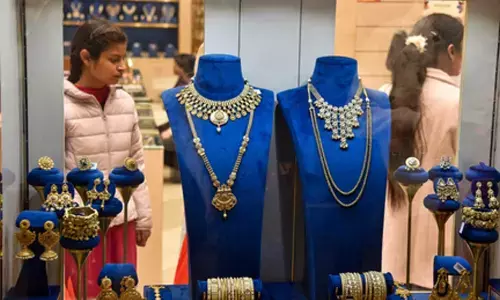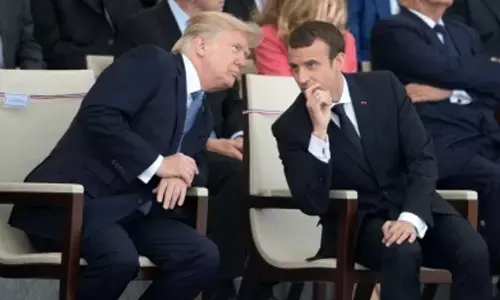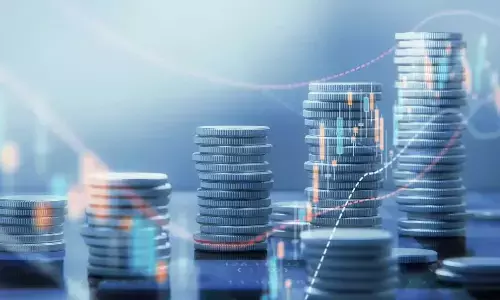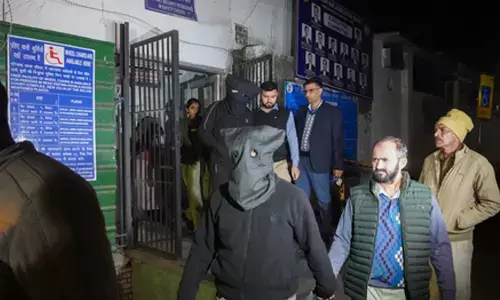2014 victory seems so distant for BJP

It has taken more than three years for Narendra Modi to realise that a presidential style of governance is not suitable for a country of India\'s size and complexity. The Prime Minister may have found it easy to preside over Gujarat\'s destiny with his personalised style of politics where he was a cut above the others in the government and party. But India is different.
It has taken more than three years for Narendra Modi to realise that a presidential style of governance is not suitable for a country of India's size and complexity. The Prime Minister may have found it easy to preside over Gujarat's destiny with his personalised style of politics where he was a cut above the others in the government and party. But India is different.
Hence his decision to set up an Economic Advisory Council to assist him in the framing of policy instead of pursuing an agenda in accordance with his own instincts and with inputs from the Finance Minister and the Chief Economic Adviser.
If anything substantiates the dire prognosis of former Finance Minister Yashwant Sinha of the Bharatiya Janata Party (BJP) on the economy, it is the roping in of experts from outside Modi's charmed circle.
What it also shows is the non-fulfilment – at least for the present – of the expectation of "vikas" which was Modi's trump card in 2014. Ironically, one of the reasons for the hopes turning sour is another of Modi's purported trump cards – demonetisation – which, along with the clumsy rolling out of the Goods and Services Tax (GST), is now being held largely responsible for the current economic woes.
The objective of the hugely disruptive step was to show Modi's resolve to tackle the problem of black money in view of the government's inability to deposit the promised Rs 15 lakh in every bank account by busting the parallel economy.
As a political initiative, demonetisation was a success in the weeks immediately after its announcement since the Prime Minister is generally widely trusted and large sections believed that the hoarders of illegal funds were running for cover. But it was a short-term gain, for the economic downturn has shown that there's more to governance than political showmanship.
As a result, the one-step-forward of the demonetisation has been followed by the two-steps-backward of a tacit admission that it takes more than one person to run a government, no matter how energetic he may be or how impressive an orator.
Modi also decided to drop his plans to amend the land acquisition law enacted by the previous government because it was felt that he was tilting too much in favour of big business. This habit of adopting new outlooks has been seen in the demonetisation episode as well, which is now being presented as an exercise in digitalising the country's financial transactions and not a drive against black money.
However, all these twists and turns might not have led to the formation of the Economic Advisory Council if the sinking growth rate had not made the government jittery.
Besides, several other problems have cropped up to exacerbate the sense of unease in the government and the BJP. The caution sounded by the Rashtriya Swayamsevak Sangh (RSS) about the murmurs of disquiet among the people must have also enhanced the feeling of anxiety in the saffron camp.
Among the main causes of worry is the absence of jobs, coupled with the State Bank of India's view that the economic slowdown may not be a "transient" phenomenon and is certainly not a "technical" glitch, as BJP president Amit Shah has said.
Jaitley's proposed Rs 50,000 crore ($7.6 billion) stimulus may undermine the target for curbing fiscal deficit. The scene is not unlike what happened towards the end of Prime Minister Manmohan Singh's tenure when he spoke of reviving the "animal spirits" but to no avail. For the BJP, 2014 has never been farther away.
By Amulya Ganguli









